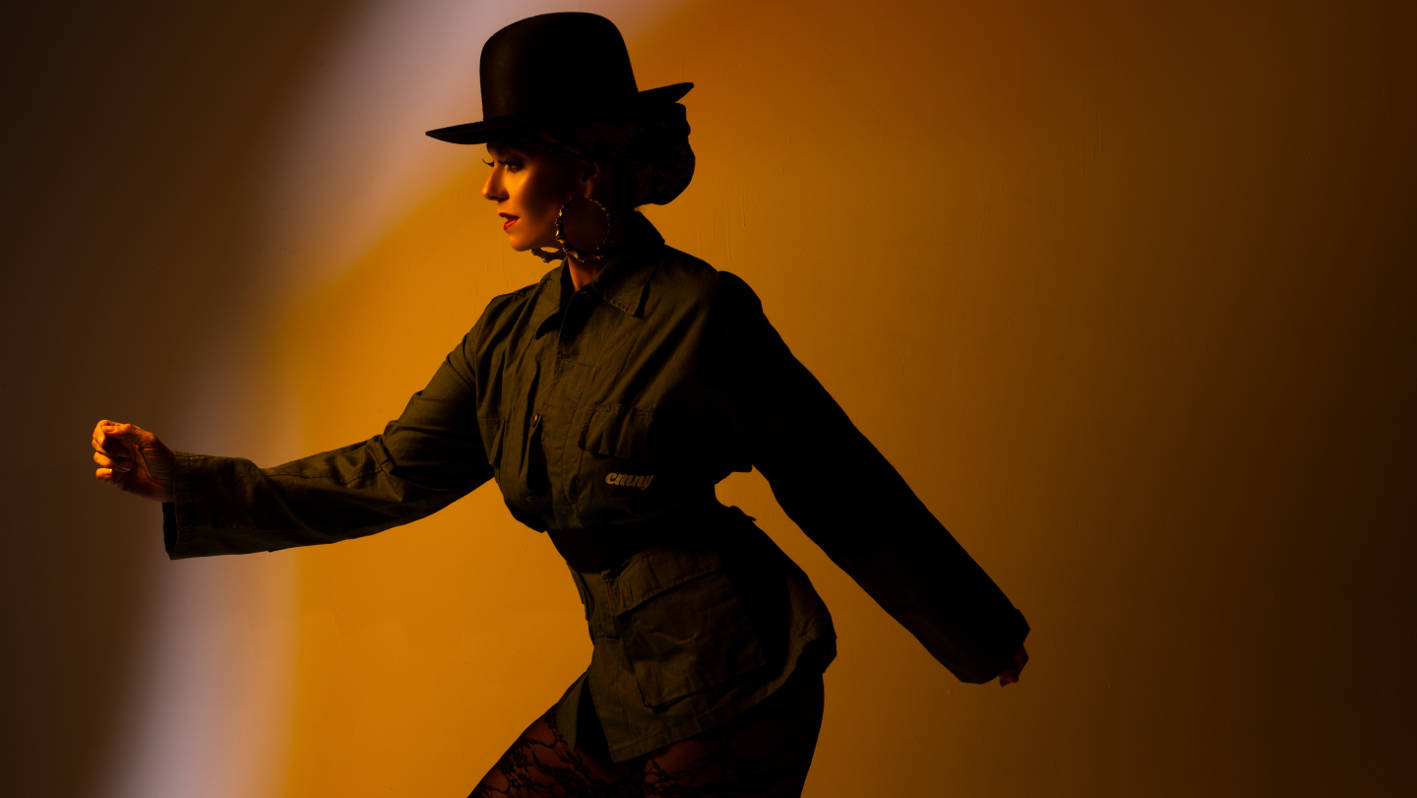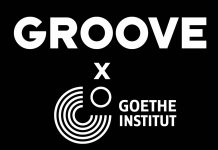Anané (Credit: Miguel Batista)
Since taking shape in Chicago, House music has been a genre that nurtures and nourishes myths and draws from a rich cultural history. This history, however, is predominantly written by male artists. Afro House, a genre originally emerging from South Africa and distinct for its heavy use of vocals, is no exception to this rule. For this piece, Jackie Queens tells the story of three female artists who are crucial to the genre.
In 2016, a persistent frustration prompted me to start my ‚Women of House‘ project. An avid listener and student of house music I’d taken a keen interest in learning about its history and the women behind it. I wanted to meet them all; the legendary, the novices, the one-time wonders, those who do it for the kicks, the ones who took house music and ran with it to all corners of the globe and back. But, as I began to parse through album covers, song credits, articles on the internet and seminal books on the genre, I was confronted by absence—missing names and faces. I also found that women refuse to be silenced, and that in reality they are more influential than we acknowledge.
Within Afro house, the genre I sing, there are no mainstream explorations of the journeys, influence and lived realities of Afro House vocalists. A firm fixture on global setlists and playlists, much attention is paid to the male progenitors and artists in the genre. DJs and producers from Johannesburg, New York and Berlin have their day in the sun with little light cast upon the voices that carry the sound from Ibiza to Greece, London, Dubai, Zimbabwe and the edges of Kenyan sunsets.
While originally from South Africa, Afro House has taken a global pilgrimage. Thrusting vocalists like Bucie, from the diamond city Kimberley in South Africa’s Northern Cape, onto international stages, and captivating Cape Verdean born Anané Vega, one of few women to own a record label in the space. Although the temptation to crown a „Queen of Afro-House“ looms large, women from across the globe occupy parallel universes, each adding weight to the journey. Like many, they have suffered disappointment, trials and tribulations, but they are also beacons of resilience, resistance and inspiration.
The pioneer
„It started with my parents. If I didn’t listen to what my parents wanted to teach about a woman’s place, I’m certainly not going to listen to what any industry has to tell me about who I am or what my role is or what I’m here to do“, says Anané Vega over zoom call from New York. Born to a Cape Verdean mother and Portuguese father, Anané’s family fled to the United States in the dead of night when she was three years old at the height of Cape Verde’s revolution. „We picked up whatever we put in our bags, and we left. So right then and there, without me even knowing, life embedded resilience and strength in me“, she says.
Growing up, her culture dictated her only place was in the kitchen with a husband and a few children, but she had other ideas. As a teenager, Anané skipped school for a solitary bus ride to the Big Apple to bask in its magnetism and conjure up dreams of one day calling it home. Her love affair with house music came by invitation from a gay friend in the Providence club scene. „The people, the openness, the music, the sound, the dancing, the release and love became my church.“ Bitten by the bug, she hosted events in her local town for the United Negro College Fund, the gay men’s hospice, and unlicensed parties in warehouses with a sterling record of never being caught by the police, she laughs.
„I realised what I get to do is beautiful, but I’m not here to be just the wife of, I’m not here to be the sidekick of, I’m here to be me. I’M HERE TO USE MY VOICE.“
Anané
New York’s charm would soon prove irresistible. Whilst her life in the US began as a flight to freedom, her music career took a one-way bus ticket to a dream with everything she owned in a shopping bag. Without a dime to her name, a friend’s couch for a bed and a kitchen cabinet for a closet, Anané set her sights on making her mark. Overcoming was in her blood.
The obstacles women face in the music industry are widely documented. Google „women and house music“ and the first article to appear is titled „Ghost Voices: The Women of House Music“. Erasure is indiscriminate. Everyone from Loletta Holloway, Martha Wash and mavens like Shingai Shoniwa, the voice behind Dennis Ferrer’s ‚Hey Hey‘, have not been left unscathed. Women are, in essence, disappeared, ghost voices and faces whose traces leave listeners wondering if they are a figment of their imagination.
Rather than let prejudice define her, Anané used it as fire to forge a 17-year career with over 50 recordings, world tours with the prestigious Elements of Life collective and high profile performances at the Super Bowl and renowned Jazz festivals.
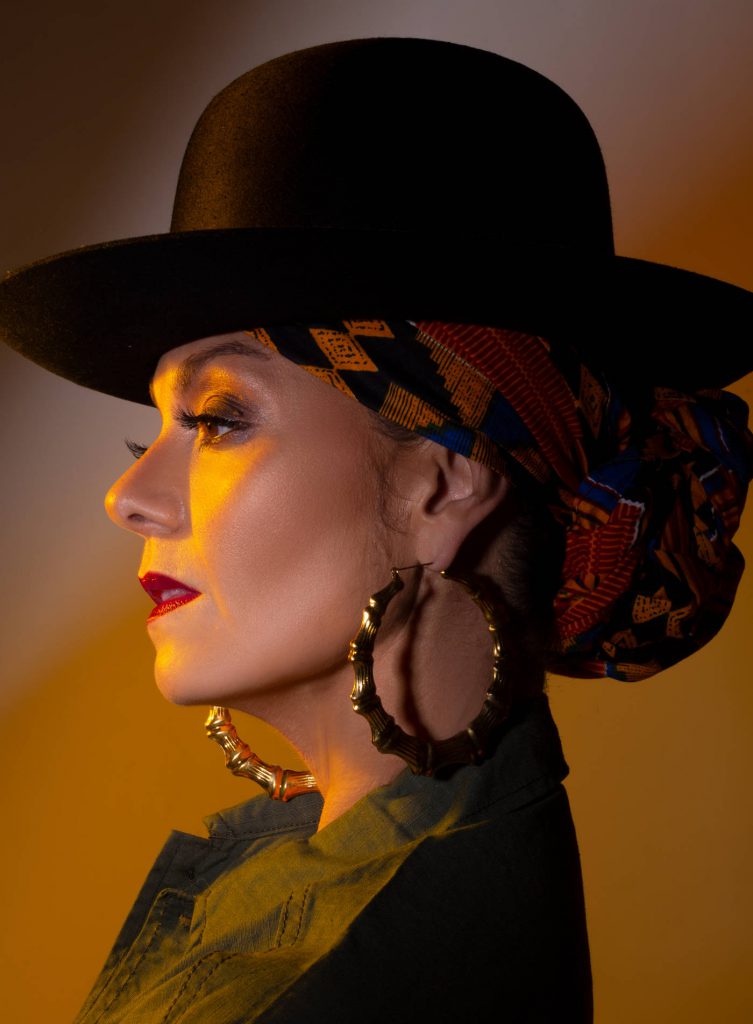
„I grew up professionally in front of everyone’s eyes; I was out there to be either glorified or criticised. I learned very quickly that this business is tough and you got to have tough skin. I realised what I get to do is beautiful, but I’m not here to be just the wife of, I’m not here to be the sidekick of, I’m here to be me. I’m here to use my voice.“
Described by Billboard magazine as an artist who combines „earthiness with glamour and roots – deep Afro-House music knowledge with pop wise diversity“, Anané has parlayed her elegance and gravitas into a consistently relevant and multi-faceted position. Now fluidly balancing the roles of vocalist, producer, DJ and label owner, Anané occupies a unique lane as a pioneer, dancefloor aficionado and tastemaker. In 2019 her record label NULU Music celebrated ten years as an influential imprint and launchpad for unknown artists. She recalls how trips to South Africa and Angola led to sophomore and maiden international releases for Black Motion and DJeff respectively. In an interview with dance music distribution platform Traxsource in 2015, Black Motion credited NULU’s initial signing of their songs in 2010 as stepping stones for international remix work and visibility. Released on NULU in 2013, their Zinhle ft Busiswa ‚My Name Is Remix‘ „caused major havoc on the dance floor and was a hit during the WMC (Winter Music Conference)“ that year.
Having brought „this genre to the masses before it was a category on any digital platform,“ Anané says, NULU’s catalogue showcases the breadth and depth of Afro House releasing artists from, among others, the DRC, Angola, Mozambique and South Africa. In this country, she has not only made her mark with her voice but as a DJ too.
„South Africa is my second home!“, she beams. „We get to hear our music on the radio, which doesn’t happen here. There’s no house music on the radio unless it’s a web radio station. In South Africa, our music is played in stores, the mall, in your car.“ And if you tune into adult contemporary station KayaFM on a Friday night, you’ll hear Anané’s NULU Movement Radio Show masterfully blending Afro-House, deep house and Afro Tech. While the more pop-versions of Afro House receive heavy rotation on local stations, sub-genres like Afro Tech are usually confined to DJ mixes on-air and radio residencies are traditionally the purview of male DJs. The tide is changing with the likes of Afro Tech DJ, producer and vocalist Thandi Draai holding fort on Ukhozi FM since early 2020. However, it is for this reason that Anané’s four-year stint on Kaya FM is worth noting.
A bonafide trailblazer, Anané’s DJ career has gone from being the master conductor of her NULU Movement Party at LeBain to breaking new talent on the international scene releasing South African music, to mixing and sharing it across Europe and bringing it back to South Africa, again. In all this, the core of her philosophy is to pay it forward. „I’m not looking for fame. Considering everything I’m blessed with, it only feels right to give opportunities so that anyone released on NULU progresses and is played by their heroes. That’s what I’d like to leave as a legacy. A label and movement that has always supported and uplifted other artists.“
The go-getter
For house music vocalists, opportunities are a dime a dozen. The scramble for hits fronted by the newest hot voice is the lifeblood of the genre. However, features rarely translate to the recognition of women’s influence. Except, in retrospect. Possibly the only platform to consistently give vocalists their flowers in real-time is music distributor Traxsource. Realising the need to fill a gap, Traxsource started the vocalist top 200 in 2017. „Traxsource feels that vocalists are the backbone to house music. All the house music that has stood the test of time are predominately vocal tracks. We feel there hasn’t been a place where vocalists are getting the recognition they deserve and decided to start this list to showcase their hard work“, says co-founder Sheldon Prince over email.
The list has also served as a barometer for Afro-house’s trajectory and spotlights the often invisible women who are the crest in its rise. Since 2017 South African Afro-house vocalist Toshi has ranked in the top 3 taking the top spot in 2018, a remarkable feat given that the list includes vocalists from all the genres on the platform. The vocalist list is typically the only one that features a woman at number one and without which it would be difficult to tell if there were any black women on Traxsource at all. It’s also a stark contrast to mainstream international accounts of Afro-house and its derivatives which focus on DJs and producers. In the reams of column inches devoted to the topic, women are either a footnote in history or mentioned in passing. To quote Tara Rodgers from her book Pink Noises: Women on Electronic Music and Sound, „the question of who is counted in electronic music historiography is inevitably informed by politics of social and professional networks and limited by definitions of standards of achievement“.
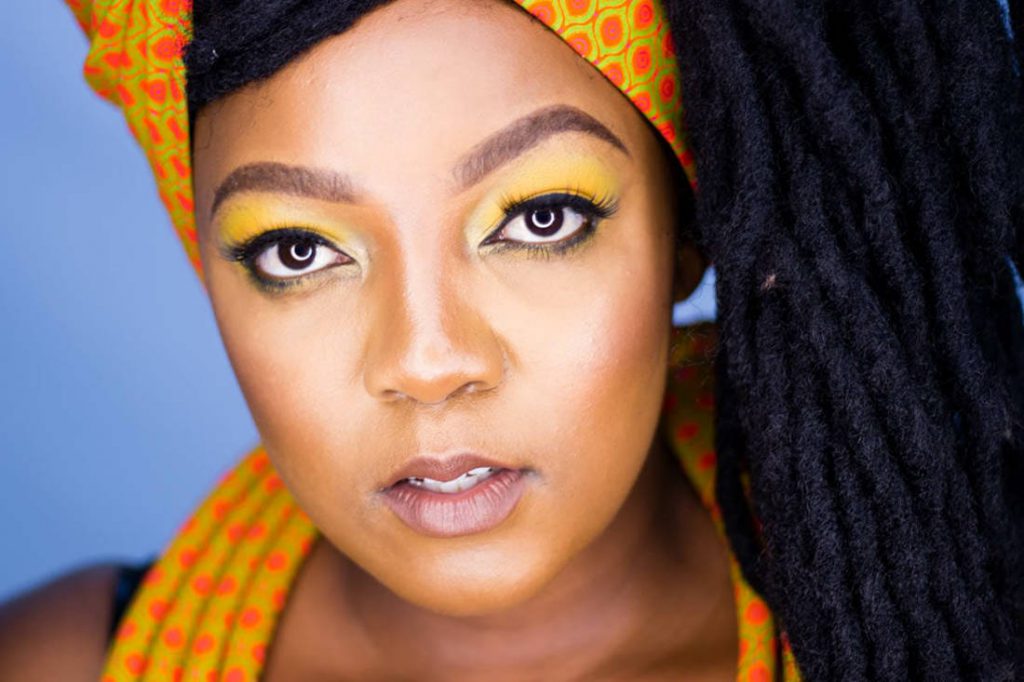
One artist undoubtedly aiming for number one, by the sheer volume of work and determination displayed in 2020 alone, is South African vocalist Lizwi. At the time of writing Lizwi is featured on 20 releases this year. With more music on the way, she shows no sign of pressing pause. Dubbed „the Queen of Tribal“ Lizwi represents a new breed of vocalists who is in control of her career, headstrong and ambitious. „I always tell Mbali [her manager] that where my voice has landed, I want my feet to get there. I want to touch it. I want to go. I want to live that life now. I want people to experience me in person performing live“ she says. That’s a tall ask in a scene that makes no room for vocalists on stage or in clubs but thinking small is not Lizwi’s forte.
„When you are a woman, they don’t take you seriously, especially if you are managed by a woman as well, they don’t take us seriously“
Lizwi
As a little girl, Lizwi remembers singing to the trees at her childhood home in Umzumbe in KwaZulu Natal. Too shy to tell anyone, she kept it a golden secret until her first year of university where she dabbled in singing harmonies for poets. Lizwi, later on, taught herself to play the guitar and started performing her original Afro-soul music in 2012. After a brief flirtation with gqom, she finally found a home in Afro-house when she teamed up with De Major to record ‚Traveller‘ in 2015. Afro-house awoke a sense of wonder that channelled the voices of her ancestors to her dreams of the future. „When I first heard his music, I was like, oh, my goodness, I love this sound! It makes me connect more with my ancestors. I fully believe that it’s a gift from God and my ancestors, for them to give me or send a message through my singing“, she says. It was this collaboration, through Black Coffee’s support of the Kususa & Quetronik remix, that brought the world into her orbit. Powerful and spellbinding, Lizwi’s voice is one of the most sought after by producers at home and abroad. Now fully immersed in music, we met in Maboneng on a Saturday afternoon, on a frenzied Albrecht Street that mirrored her busy life.
Accompanied by her manager Mbali, Lizwi is a portrait of radiance and delight. She’s come a long way from singing to the trees. The world is her audience, and she is a confident woman buoyed by a team that believes in her dream and sings with her in chorus. Before having a manager, Lizwi had to fend off predatory promoters and played exposure gigs which amounted to nothing. „I find people treat me differently now that I have a team. They are starting to respect me. They say, „ey wena Lizwi uhard we can’t get through you.“ When approached for gigs I tell them there’s a team representing me here’s an email and they’re like, „oh, managers. OK,“ and I say „It’s called igrowth!“, she laughs.
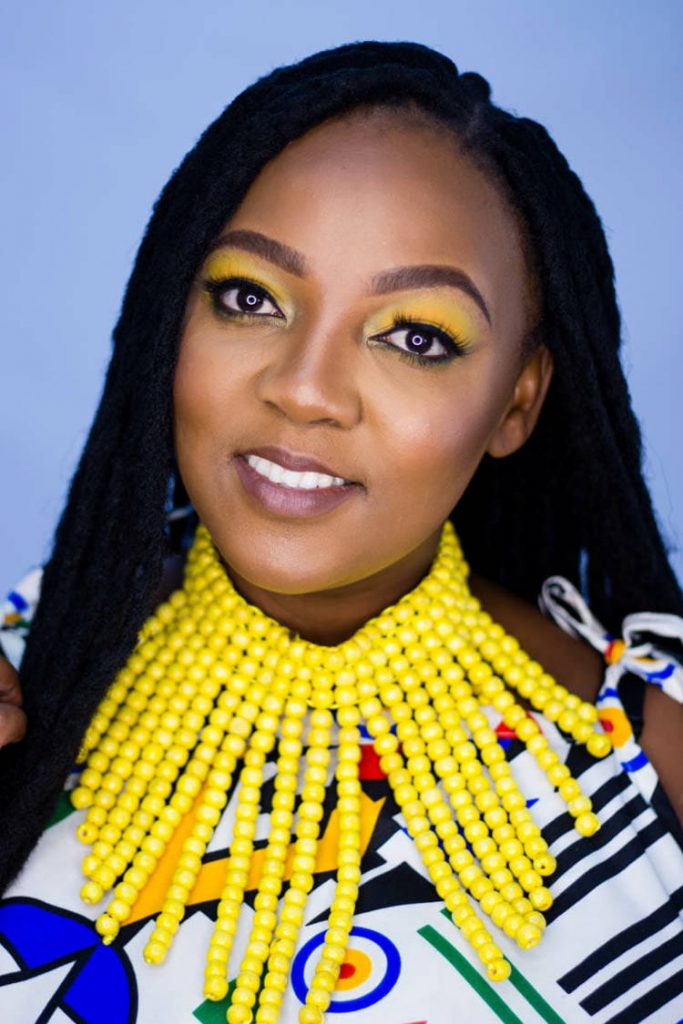
„When you are a woman, they don’t take you seriously, especially if you are managed by a woman as well, they don’t take us seriously,“ she says. She recounts the story of a producer who when frustrated with the formalities exclaimed: „Is Mbali your God?“
Mbali may not be her God, but the team plays the crucial role of protector and impediment to exploitation. Under their tutelage, she’s learnt to charge for features, track her publishing and has contracts for every project; some with performances in place. A welcome change: vocalists in South Africa are notoriously disenfranchised through royalty theft and excluded from the dance music economy when producers, who typically benefit more from the popularity of collaborations via increased visibility and bookings, exclude them from PR and performances.
Lizwi insists on being heard and seen. „Look, I’m not going to do a song unless there’s a plan for visuals. I think we all realise now that we have a lot of music out there, but people don’t know our faces.“ Her strategy reveals an acute awareness of the pitfalls and benefits of being a vocalist in high demand. With a little leverage, she negotiates terms to accrue visibility that pays off when she releases her original work. Moving with intention, Lizwi is positioning herself as a collaborator rather than a guest, challenging the perception that, for house music vocalists, a solo career is the only route to validation.
The activist
The retort that vocalists should build their careers by releasing original music is a default response used to silence the ill treatment of women as feature artists. Although a valid solution, it does little to address the core problem; discrimination and the undervaluing of women as auteurs. „Very often, people contact me as if I’m a saxophone player or a percussionist or something. So it’s like, „I have this beat. I see your voice on it, but this is what I want“, and they send you a few references which I like. It’s nice to have an idea of the direction. But at the same time, if you want me on your track, let me do my thing. I mean to do my thing because otherwise ask anyone“, says French vocalist Awen.
Vocalists are at once an integral part of the song and a glorified session singer. Splits and paperwork bring this into sharp focus as some producers see vocalists as entitled to nothing or very little ownership of the work they co-create. Awen goes on to say „that annoys me a lot when producers look down at you and say, „because I’m the producer, I’m entitled to that much, and you’re only entitled to that.“ I tell them this is not how it works. I’m sorry.“ Awen’s background in law makes her an expert on this, but it has only provoked frustration. Before finding representation, her objections fell on deaf ears, and now, she defers to her management to deal with these matters.
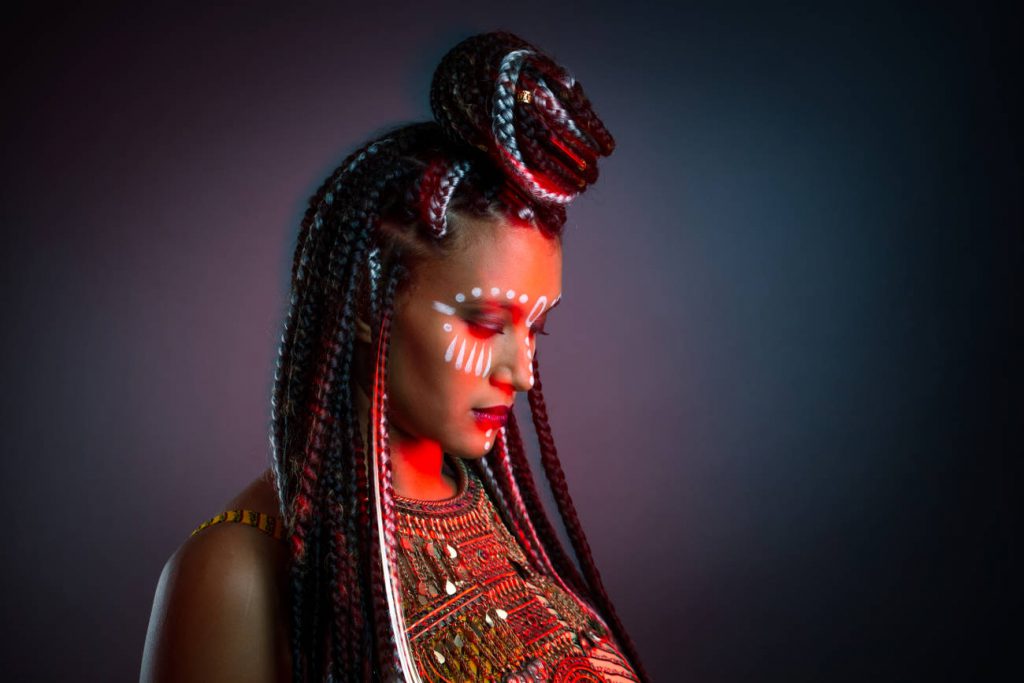
Many vocalists are multi-faceted; however, women’s intelligence is not only undermined, but their skills overlooked because songwriting and singing are not revered for their technicality in the same way as producing music is. Once the lyrics and melody are recorded, the rest of the creative process often excludes vocalists. Along with being a lawyer, Awen is a classically trained musician who spent several years in Hong Kong as a singer and events promoter. Once abandoned, Awen has resurrected her craft to produce her album in collaboration with a producer from Luxembourg. „Production is one thing: it’s great to push the buttons. But at the end of the day, arrangement, artistic direction, who makes the decision? Who decides that this bit is going to go here? Here we’re going to add some keys; here we’re going to do this or that. It makes a big difference.“ Later she tells me of a producer who laughed when she insisted on being present for the mixing of the song. „Somehow people think they know everything about everything,“ she says.
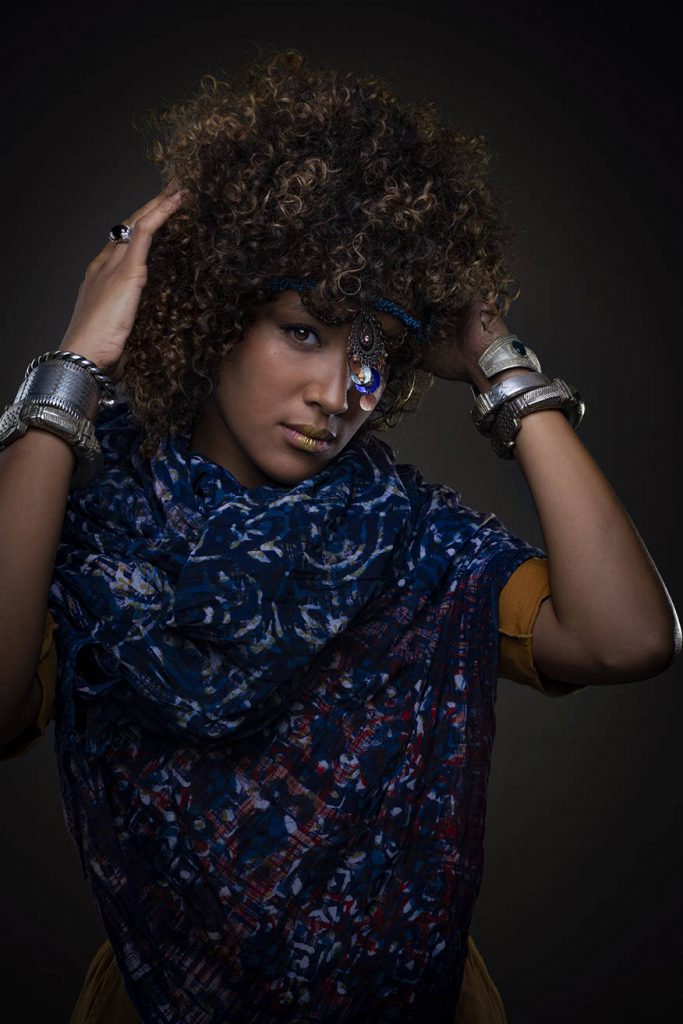
Unimpressed by the constant diminishing, Awen is focusing on solo projects and collaborations where she is named first or credited with an „&“, rather than features. Being emphasised as an artist is essential to her. More so, to honour her origins. She is named after Dulcie September, a South African anti-apartheid activist who was assassinated in France a few months before her birth. On „Behind the Rain“ she pays homage to her namesake singing:
You grew a seed of endless hope.
You believe we can do more.
It is time to face the truth.
Your gentle soul shall break the rules
Their desire their demands
Set on fire so many lands
This era is coming to an end
Behind the rain, a woman
Standing on the shoulders of the women who’ve come before her, Awen’s lyrics espouse justice and healing. In this way, part of the injustice of women’s erasure is that while the music is the pulse, the vocalist’s lyrics transmit messages of struggle, triumph, love and joy. Their words are the heartbeat of the dancefloor, and the well we draw from when we need courage, euphoria and hope. Soon to be a mother to her first child, Awen’s forthcoming album is a letter to her son in songs about his heritage and the world as it appears to marginalised people. It is also her contribution to a better world for him. The ability to make even a modicum of difference is for Awen the privilege of being a vocalist. „I would say the essence of Afro-house is the African legacy meeting the future or the present. This cornerstone is also where Africa is right now. And so we are the voice of this change, of this movement coming along and I think it’s amazing to use words to inspire people to push forward.“
This article is part of the Global GROOVE: Electronic Music Journalism series, hosted by GROOVE in collaboration with the Goethe-Institut. Read all other articles here.
About the author: Jackie Queens is a Zimbabwean born writer and artist now based in South Africa that aims to challenge the status quo of the music industry’s perspective on the role women play in its success. With Projects like GIRLS or #womenofhouse, she provides a platform to artists that are often unseen.
